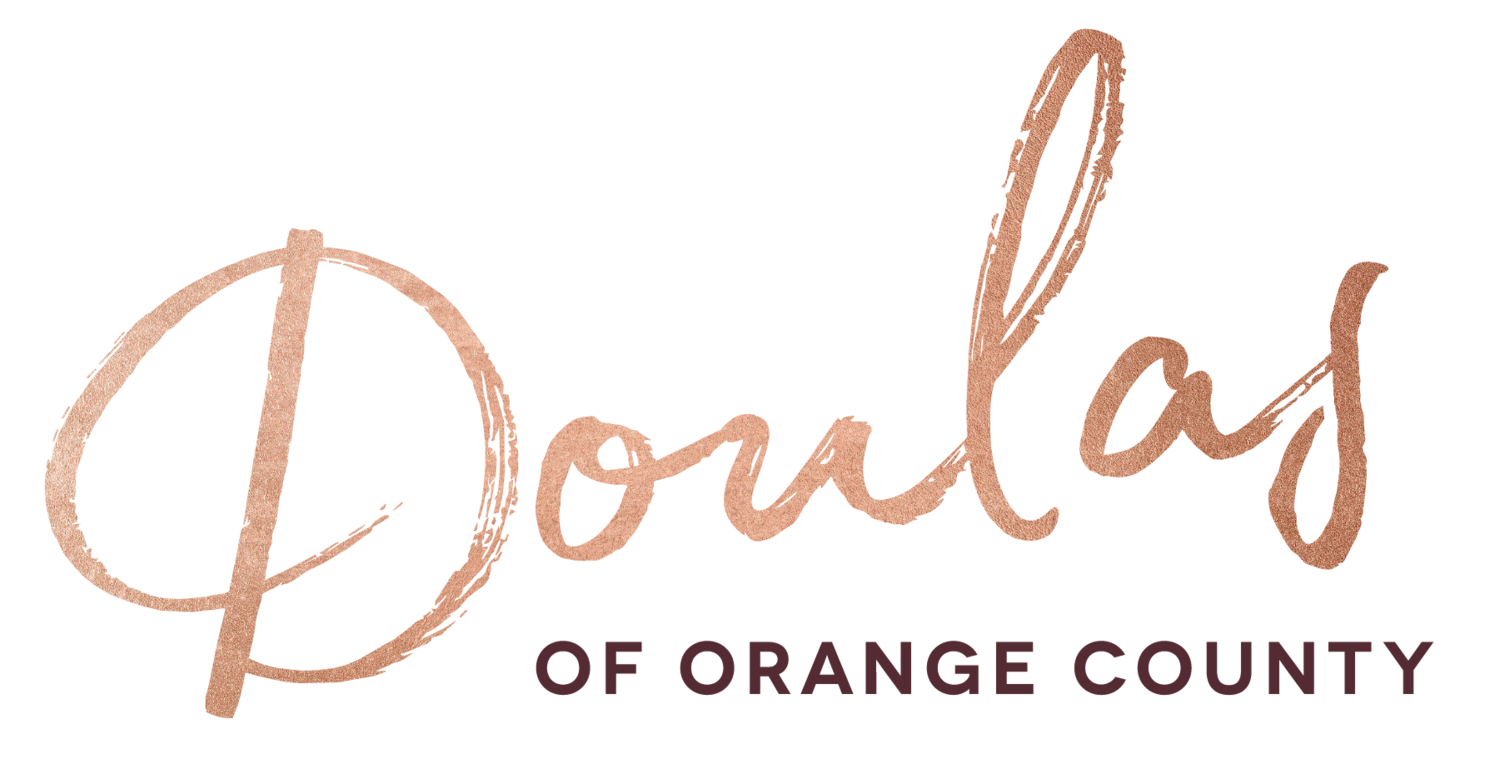Last week we shared Part 1 of our three-part series on the role of a Postpartum Doula. And today we are continuing on with the ABCs of a Postpartum Doula with Part 2!
J- Judgment Free Zone - There are so many different ways to parent and the needs of every family vary. Your doula will never question your choices and will always offer her support and expertise without judgment. We believe having a judgment-free doula is imperative. Read more about why here.
K- Kangaroo Care - Bonding is crucial for your baby and for you. Your doula is there to facilitate and encouraging different avenues of bonding. From skin-to-skin, to babywearing, to bath time - there are lots of ways to enjoy your time with your baby. Bonus - it helps balance your mood and babies too!
L- Listening - To be frank, there are some postpartum visits where we just sit on the couch with some tea and listen. Pregnancy, birth, & postpartum are transformative moments in a person’s life and there is a lot of change in a very short period of time. Sometimes you’ll just need to talk things out and you will have a compassionate listener there to do so.
M- Mental Health - Postpartum Depression is taboo. It’s a scary thing for people to think about. It’s also only one piece of the wide spectrum of postpartum mood disorders. Not only does your doula know what signs to look for she can bring them to your attention and get you connected to resources and treatment. Postpartum mood disorders do not discriminate. No one is immune. And support is crucial. There is no shame in getting help and your doula will be there for you throughout the process. Additionally, some studies show that having postpartum help can reduce the risk of postpartum mood disorders.
N- Normalizing - Babies do random things. They make weird noises and breathe differently than we do, especially the first few days of life. If you’re new to this baby thing seeing some of these random things may cause panic or fear. But your doula has seen it all and will be there to remind you that it’s normal and nothing to be concerned about. If she cannot reassure you that it’s normal she will encourage you to reach out to your pediatrician.
O- Organization - Diapers, creams, wipes, onesies, socks, swaddles, clothes from 0 months to 3 years… so many baby things all in one small nursery! As an expert in baby care and pros at finding nursery solutions she can help organize things so they make sense and are quick to find in the dark at 2am. During her regular visits she’ll make sure that all of your supplies are stocked and alert you if anything needs to be purchased. She can even do a Target run for you!
P- Privacy - Our doulas do not and will not share personal information about any of our clients. Ever. Read more about our Privacy Pledge here.
Q- Quiet - Babies cry. Sometimes more than you might expect. Crying is a babies way of communicating but deciphering WHAT your baby is trying to communicate can be tricky at first. During your postpartum visits your doula can offer you some respite from the crying. She can take over care of your baby and send you to your bedroom with earplugs so you can sleep without interruption knowing full well that your baby is being beautifully cared for.
R- Reality - She won’t sugar coat stuff for you (unless that’s what you really need). She’ll tell you the truth about the realities of parenting and help you finds solutions for things that are challenging. And she’ll do it with grace and humor. Your doula will keep it real because we believe that you deserve to know the truth about parenting so you’re not blindsided by the unknown.






